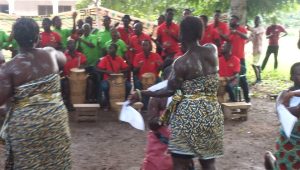
By Dr. Stephen AGBENYO
The Borborbor dance, also known as Akpese, stands as one of the most treasured cultural expressions of the Ewe people of Ghana’s Volta Region—except for the southern parts, where Agbadza predominates. More than a performance, Borborbor embodies community, identity and celebration.

Historically, the dance has been associated with dignity and communal spirit. It is characterised by circular formations, synchronised handkerchief movements, measured waist turns and uplifting drum rhythms that inspire both reverence and joy. Its versatility allows it to fit seamlessly into a variety of occasions—festivals, marriage ceremonies, funerals, political gatherings and even church services. Unlike other traditional dances reserved for sacred spaces, Borborbor bridges the spiritual and social spheres, making it a dance for all occasions.
The Borborbor rhythm has ancient roots, believed to date back over 800 years. Its modern adaptation, however, gained prominence in the 1940s and 1950s, spreading from Kpando to Ho, Hohoe and across other Ewe-speaking areas in Togo and Benin. Its adaptability made it not only a unifying cultural practice but also a proud marker of Ghanaian identity. Indeed, Borborbor even inspired aspects of Ghana’s highlife music—further affirming its influence as a bridge between tradition and modernity.
Traditionally, the dance demands aesthetic discipline. Dancers move with grace, modesty and pride. The white handkerchiefs, shoulder sways, rhythmic clapping and harmonised steps are integral to its beauty. This balance of rhythm, order and grace gave Borborbor the dignity to be performed before chiefs, elders and distinguished guests.
However, a troubling trend is emerging. Performances by some troupes, especially younger groups, are gradually reducing Borborbor to an exhibition of twerking. The once-coordinated waist turns and culturally symbolic gestures are being overshadowed by exaggerated buttock shaking and sexually suggestive movements. What once reflected dignity and unity is too often performed in ways that strip the dance of its cultural meaning.
This transformation risks robbing Borborbor of its versatility. Once a dance suitable for all occasions—including solemn and high-profile events, it is now becoming less appropriate for such settings.
The same Borborbor once proudly performed in churches and at national festivals is increasingly being trivialised in the name of modern entertainment. Chiefs, elders and community leaders have largely watched this adulteration unfold, yet little seems to be done to halt the erosion. If this trend continues, future generations may inherit not Borborbor, but a distorted version of it. We risk losing a cultural treasure that connects us to our roots.
Borborbor is far more than a performance—it is a cultural language that tells the story of the Ewe people. Its circular formations symbolise unity, its drum rhythms narrate history and resilience, and its choreography reflects communal harmony rather than individual exhibitionism. When these elements are replaced by movements borrowed from foreign pop culture, Borborbor loses its meaning and pride.
It is time for urgent action. Chiefs, elders and cultural custodians must safeguard Borborbor from further adulteration by insisting on authentic choreography. Cultural festivals should showcase genuine performances that uphold tradition. Schools and churches must continue integrating Borborbor into their programmes, teaching children the true essence of the dance. Above all, performers must understand that Borborbor is not about cheap applause. It represents a people, a heritage and a legacy.
Borborbor is not twerking—it is a cultural banquet handed down by our ancestors, embodying joy, modesty and unity. Allowing it to be corrupted for fleeting popularity is to betray the very identity it was meant to preserve. The time to act is now—before our children grow up knowing only the adulterated form. Let us return Borborbor to its rightful place as a symbol of dignity and pride for the Ewe people and for Ghana as a whole.
>>>the writer is the Executive Director of Savannah Signatures, a non-profit organisation in Ghana that leverages scalable ICT tools and innovations to empower and influence behaviour change. He can be reached via 233 24 442 1532 and or [email protected]
The post Borborbor is not twerking but safeguarding the pride of Ewe heritage appeared first on The Business & Financial Times.
Read Full Story

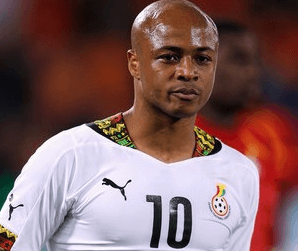














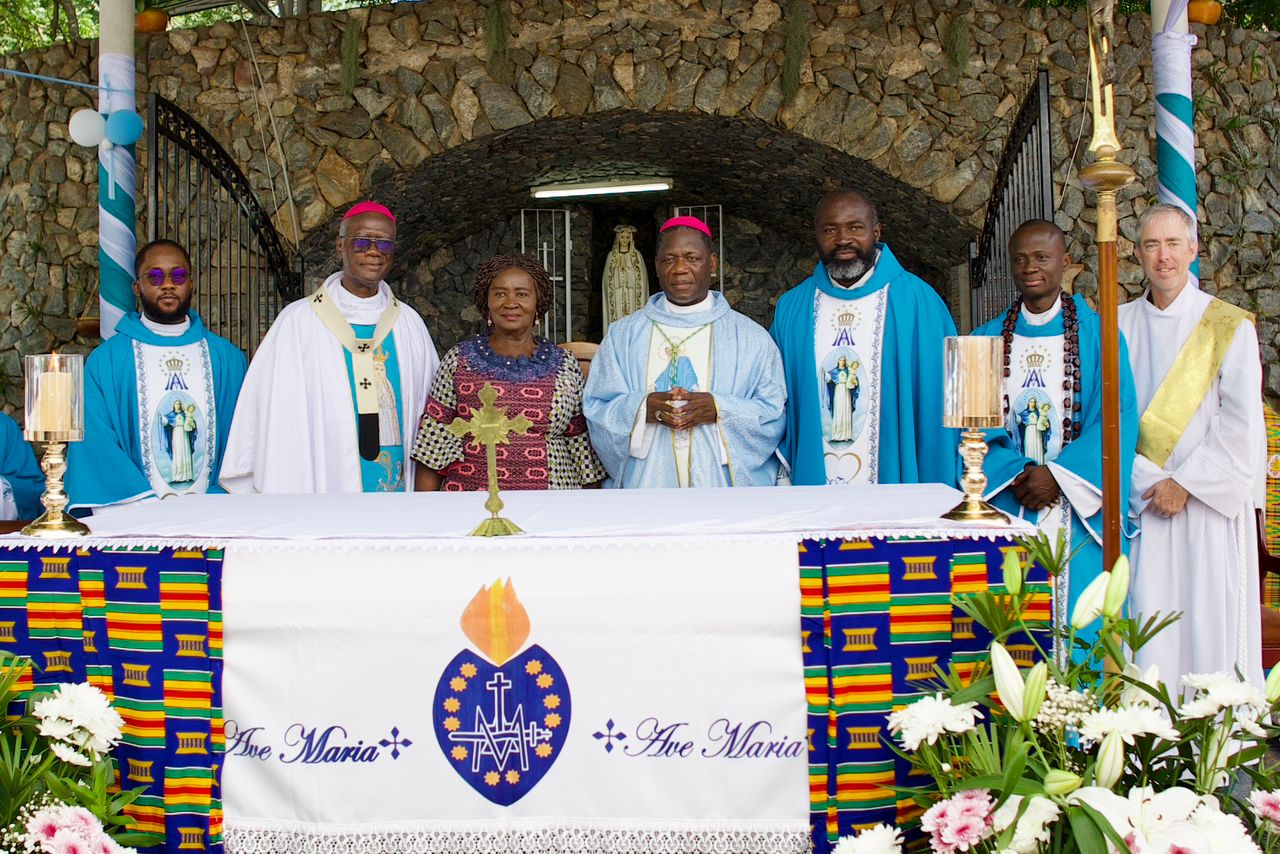
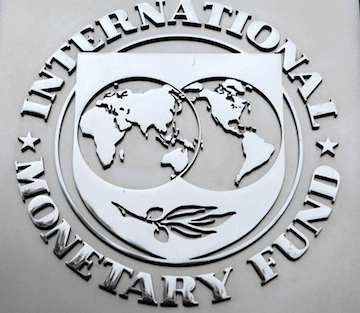
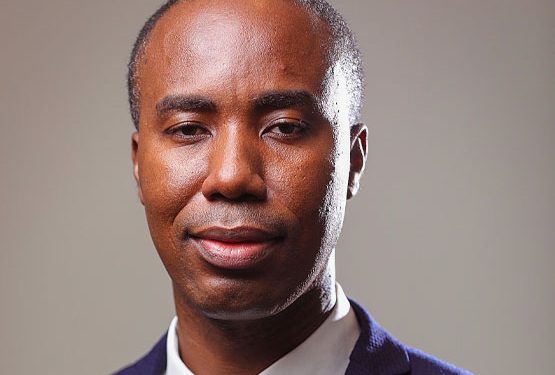






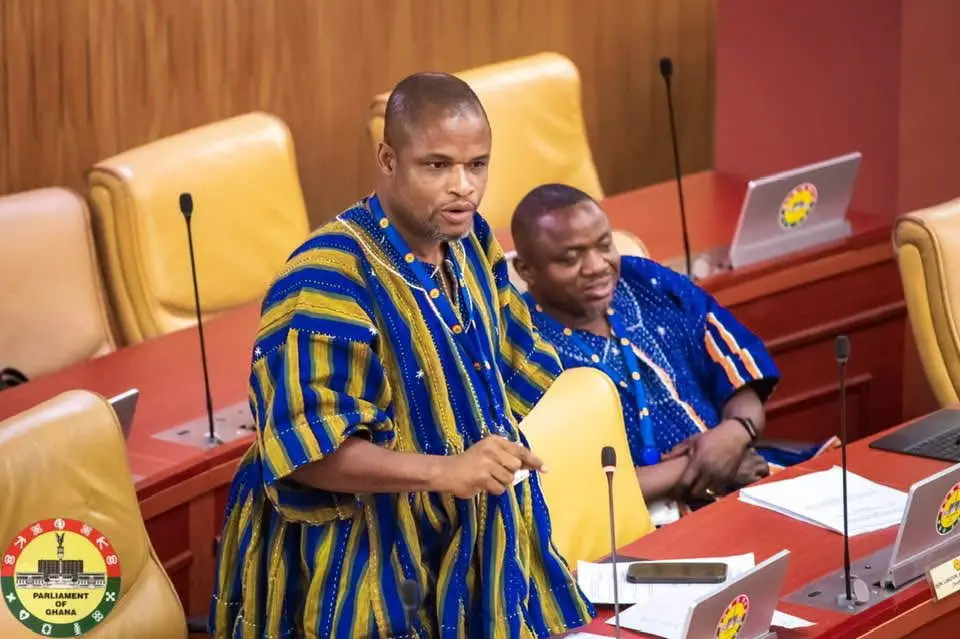
Facebook
Twitter
Pinterest
Instagram
Google+
YouTube
LinkedIn
RSS